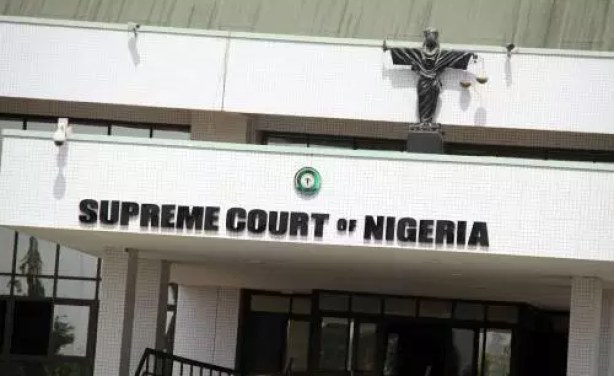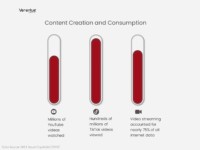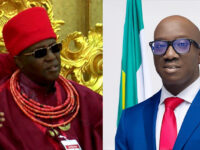INEC, Imo poll and the courts

part from some of its judgements that have become controversial, and are being lampooned in many corners of the country, the Supreme Court of Nigeria is also plagued with shortage of justices. The apex court is supposed to have a mandatory 21 justices. Instead, it now has 13. The implication is that jurists are overworked, and who knows, maybe also over-stressed, with a consequential effect on their health. At least they are complaining. Before Justice Amiru Sanusi retired last Monday, the Supreme Court was waiting to receive President Muhammadu Buhari’s approval of the four-man list of justices forwarded to him by the National Judicial Council (NJC). The list had been forwarded since last October. In 2016, it took nearly two months for the president to approve a two-man list of justices sent to him.
If the president finally gets round to the task assigned him by the constitution in respect of the justices, the four-man addition to the Supreme Court would bring the strength of the court to 17, four short of the mandatory number expected to get it functioning at full capacity. There are no explanations for why the president has not approved the list. There are only rumours, with many judicial analysts speculating that the presidency has something up its sleeves. Others suggest that the list itself had become controversial, as some judicial activists had sued the government over a breach of procedure in appointing justices to the apex court.
But staff strength is the least of the headaches afflicting the apex court today. The court is, more worrisomely, grappling with controversies buffeting some of its judgements, particularly regarding political and election matters. Nigeria is a highly litigious society. Election results, even when polling is unimpeachable, are often disputed. The result is that many cases swarm the courts, right up to the apex court. Losers tend to excoriate the courts, and winners tend to rhapsodise them. In the midst of such fiery critical storms, the courts, and more crucially the Supreme Court, have appeared to make itself vulnerable. The recent Imo governorship case, in which Emeka Ihedioha was removed in favour of Hope Uzodinma, is typical of how inexplicably the apex court sails into stormy critical weather. As this column noted some two weeks ago, the judgement, while not too difficult to understand, however, raised a few arithmetical conundrums that statisticians have been trying to grapple with since.
Accused of being largely responsible for the conundrums, the Independent National Electoral Commission (INEC) has defended itself and its reputation by delivering, unofficially, a depth bomb of literary masterpiece designed to explode beneath the logic and integrity of the Supreme Court. Whoever spoke to a section of the Nigerian media on the issue on behalf of INEC must have a very fertile and poetic mind. The report does not identify him, but it captures his deft but insidious reasoning in a fashion that depicts his sophistication. After delivering his masterpiece, he leaves the reporters and other readers and critics with the job of reading between the line in order to guess who was wrong between INEC and the apex court and, more importantly, to let the public know what they in INEC think of the apex court’s epochal judgement.
Hear the unidentified INEC man: “The result of the Imo election is on our website. It is in the public domain. We have not altered what we have on our site to reflect the judgment of the apex court because we insist that the results the APC candidate presented were strange to us. We never authenticated them…However, while we do not agree with the judgment, we have accepted it because we have no choice in the circumstance and court orders or judgment are meant to be obeyed by the Commission irrespective of whether we like it or not…Most importantly, I think the Police should have it (the results) because it was the police that tendered the results in court. They tendered the results which we disowned, so you can ask them for the results from all the polling units in Imo state. They should have them in their archives.”
Now, in three brutal paragraphs, the INEC official insisted that they thought the outcome of the case was hogwash. More importantly too, they also sneered at the results tendered by the police which swayed the judgement in favour of Mr Uzodinma, insisting that since policemen had metamorphosed into INEC’s archivists by dint of the apex court’s sleight of hand, the public should know where to direct their inquiry. As defiant and detached as the apex court might wish to posture at all times, it is unlikely that such numbing sarcasm had escaped them. They will take note of it, but they will be powerless to respond to or rebut it. If their judgements induce paralysis and fatalism in litigants, the public’s snide remarks must of necessity also baffle them or even make them apoplectic.
It is a pity the anonymous INEC official responsible for that masterful response will never disclose his identity. Considering how much of a gem the response was, regardless of whether INEC was right or wrong, it would have been exciting to attach that response to a face, the face of a pistol-whipping poet with an enormous capacity to deliver depth bombs without drawing blood.






